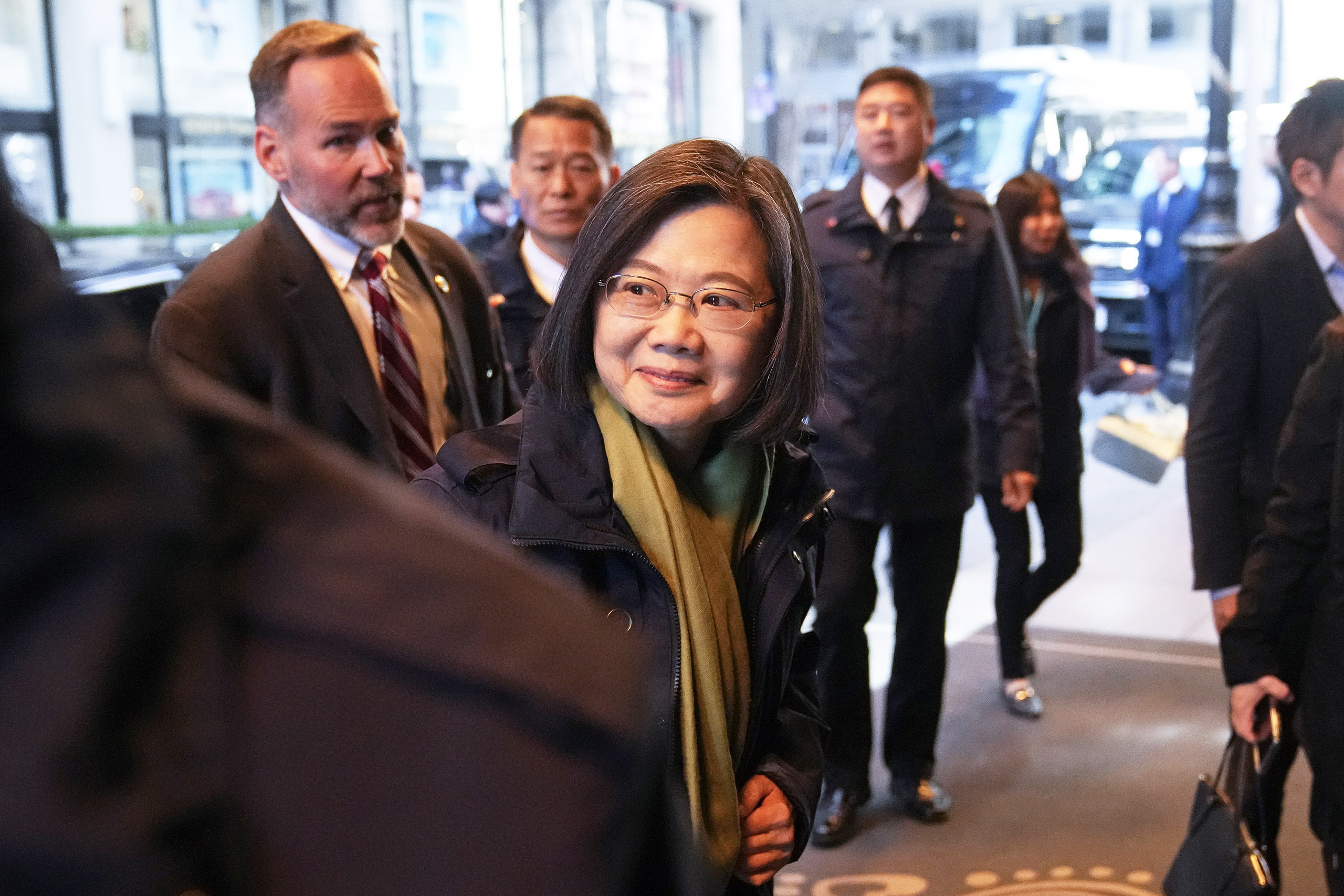Taiwan sent a large contingent of athletes to the Olympics this year. Wearing their much-admired uniforms designed by Just In XX — blue for the sky, sea and mountains of Taiwan — they navigated the Seine under a flag showing the team’s permitted name “Chinese Taipei.”
This quadrennial humiliation, a legacy of the unfinished civil war between China’s ruling Communist Party and its predecessor, the Nationalist Party, or KMT, brings home to Taiwan’s twenty-three million people the grim reality of their status as citizens of a country whose name cannot be uttered. Young Taiwanese in Paris were understandably delighted when the French television commentator explained that “Chinese Taipei” would be more familiar to viewers as Taiwan. It was a Lacanian moment: they felt seen.
How Taiwan should be seen, what image it should present to the world, is a question that preoccupies the government in Taipei as it manoeuvres for advantage in the fraught strategic environment of the north Pacific. Jonathan Clement’s Rebel Island, a new short history of Taiwan from antiquity to the present, introduces an English-language readership to how things have come to this pass and what is now at stake.
[Edit typo.]


